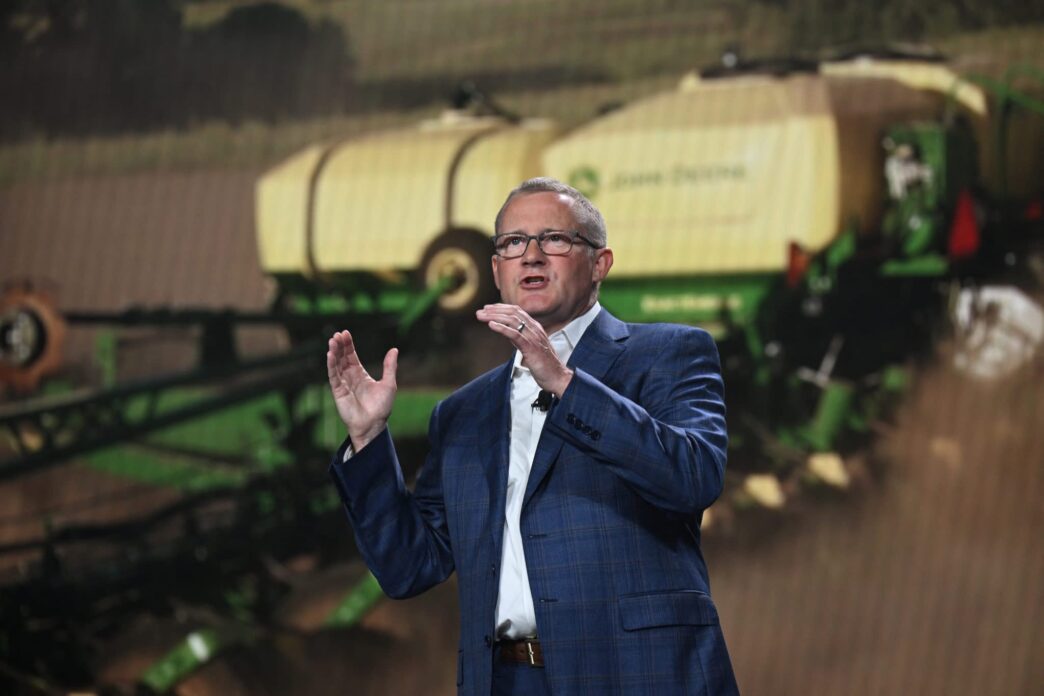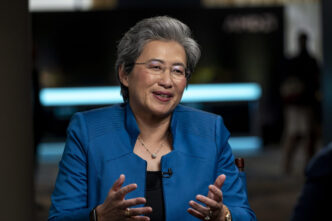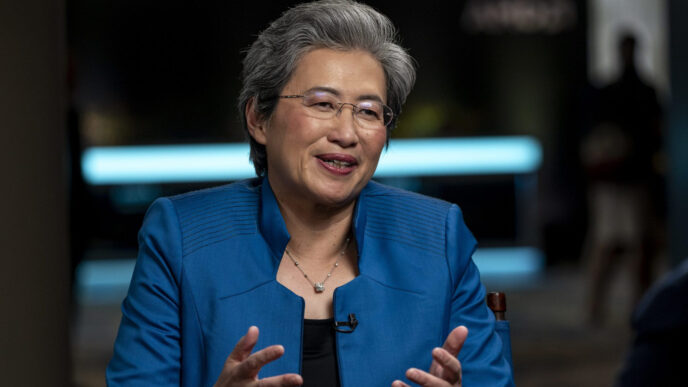The ripple effects of ongoing tariff uncertainty and the cooling of U.S.–China relations are reverberating across American industries, and one of the country’s most iconic manufacturers—John Deere—is caught in the middle. Known globally for its green-and-yellow tractors and agricultural equipment, Deere has become a case study in how geopolitics and shifting trade dynamics can disrupt even the most established businesses.
Tariff Instability Creates Market Uncertainty
At the heart of the issue is the unstable tariff environment between Washington and Beijing. The trade conflict, which began under the Trump administration and has persisted with varying intensity, has left companies like John Deere struggling to plan for the future.
Fluctuating tariffs on steel, machinery, and agricultural exports have created unpredictability in costs and sales. For Deere, whose fortunes are tied closely to the agriculture sector, this has been especially damaging. American farmers—its core customer base—have faced their own hardships due to retaliatory tariffs from China on U.S. soybeans, corn, and other crops, reducing demand for new equipment.
“Farmers are delaying purchases, and that directly impacts us,” a Deere executive explained. “It’s not just about tariffs—it’s the uncertainty around how long they’ll last and how deep they’ll cut.”
The China Disconnect
China has long been a crucial market for Deere, not just as a buyer of agricultural machinery but as a supplier of essential components and raw materials. As relations between the two superpowers sour, supply chains are becoming more fragile and costly.
In response, Deere has tried to diversify sourcing and expand manufacturing in other regions, but the transition is neither fast nor cheap. The company now faces higher input costs, shipping delays, and the looming risk of further geopolitical escalation disrupting global trade.
For U.S. manufacturers more broadly, the “decoupling” from China has become a defining challenge—one that is forcing tough choices between resilience and profitability.
Ripple Effects Across U.S. Agriculture
The problems facing John Deere also expose the vulnerability of the wider U.S. agricultural sector. Farmers depend on access to global markets, especially China, which has historically been one of the largest importers of American crops. Retaliatory tariffs and shifting trade policies have diminished that access, leaving many with unsold inventory and thinning margins.
When farmers scale back spending, Deere feels it immediately in reduced orders for tractors, combines, and precision agriculture technology. This, in turn, impacts Deere’s workforce, suppliers, and regional economies across America’s Midwest and South, where agriculture and equipment manufacturing are economic lifelines.
Balancing Innovation and Costs
Despite these headwinds, Deere is not standing still. The company has continued to invest heavily in advanced agricultural technologies, including autonomous tractors, precision farming systems, and electrified equipment, betting that innovation can offset market pressures.
Yet innovation comes at a cost. With tariffs raising the price of raw materials and global supply chain disruptions adding further expense, balancing R&D investments with financial stability has become a delicate act.
The Bigger Picture: A Manufacturing Crossroads
John Deere’s struggles are emblematic of a broader problem facing U.S. manufacturers: how to compete globally when trade policies are unstable and supply chains are being redrawn. The Biden administration has emphasized reshoring, friend-shoring, and investment in domestic production, but transitioning from global interdependence to localized resilience will take time.
For Deere, the choices ahead are stark—adapt to an increasingly fragmented world economy or risk losing ground to global competitors who may be less exposed to U.S.–China tensions.
Conclusion: A Warning Signal for Corporate America
John Deere’s challenges highlight the broader vulnerability of American companies to geopolitical and tariff shocks. While the company remains a symbol of U.S. manufacturing strength, it is also a reminder that even industry leaders are not immune to the fallout of unstable trade relations.
As tariffs and trade wars continue to reshape global commerce, Deere’s situation serves as both a warning and a call for more strategic policymaking. Without clearer direction on trade and international cooperation, American manufacturers risk being caught in a cycle of uncertainty—paying the price for political decisions far beyond their control.
















